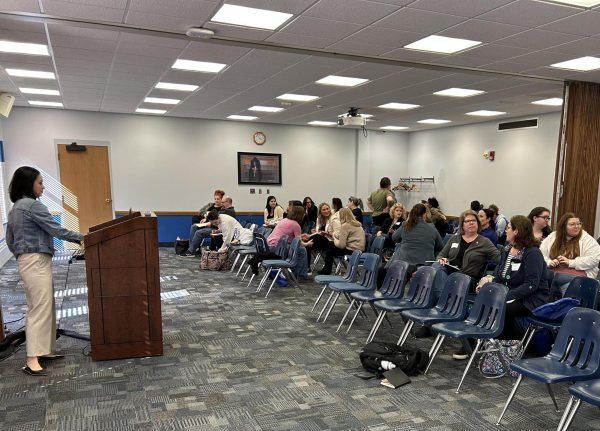Trends of test taking
It is true of almost every exam: some people leave halfway through the allotted two hours, and some take every last minute they can.
Do students who spend more time on the exam do any better or worse than those who leave earlier? That depends on which professor is asked.
Michael Gillespie, an assistant professor of sociology and anthropology, said there is no clear answer.
“I think it depends on the student,” Gillespie said. “I’m not surprised by the students who finish early because they’re the ones who have been getting it all along, or the ones who haven’t been getting it all along and just kind of give up. But mostly it’s the former, the ones who know what they’re doing.”
Gillespie said students who use the full two hours are not any more or less likely to do well.
“Some of them want to be more thorough,” he said. “Even though they are confident in what they’re doing, they want to go back and see if they circled the right answer or check their grammar. And there are some who read every question four times and they’re still unsure of the answer.”
Gillespie teaches Introduction to Sociology and Social Statistics. The exams he gives are mostly multiple-choice and short-answer questions, with some short essays as well.
But even on the essay questions, he does not see a direct correlation between the quality of an answer and the amount of time the student spent crafting it.
“Some people can write three sentences and get their points across, and it’s a perfect answer,” he said. “Some people need three pages of paper to say the same thing. People think in a different way and process things in a different way. Statistically, you can’t limit the quality of one’s work based on the time they put into writing an exam. There are other things involved.”
But Noel Brodsky, an associate professor of economics, said he does see a direct correlation.
“It’s inversely related,” Brodsky said. “The faster the student does the exam, in general, the better the student does. If a student will leave my class after 35 minutes, with a few exceptions, that is probably the A. And the ones who leave the class in 55 minutes are probably the C’s, D’s and F’s.”
Brodsky teaches Principled Macroeconomics. His exams are a combination of multiple-choice questions and a graphics section, and are quite heavy on mathematics. He also teaches Economic Statistics, where he gives “heavy, heavy essay exams.”
He says the trend continues in the essay exams.
“The student who really knows it cold, and can actually do it quickly, is probably the best student in the room,” he said. “That’s the typical trend. Of course, there are exceptions to all of this. Sometimes an exam can be turned in after 35 minutes and is blank, we know that’s not going so well. And some students are more methodical and it takes them longer.”
James Sysko, an assistant professor of management at the School of Business, said that students who leave early are more likely to fail.
“I tell my students, ‘If it’s a two-hour exam and you’ve left in 45 minutes, you’ve done something wrong,'” Sysko said. “Sure enough, there are students who leave within 45 minutes and those students generally get a lower grade. The students who stay the longest don’t necessarily get the best grades, but they get good ones.”
Sysko teaches Business Ethics, Business Law and Human Resource Management. He said there is a reason students who stay longer do better.
“It takes time,” he said. “You should always read the entire exam question first. Too many students start writing immediately. That’s the worst thing you can do. You should relax. You have five minutes to sit and read the entire question. Maybe read the entire exam, see which questions really strike a chord with you.”
All too often, he sees students take the opposite approach.
“The paper hits the desk, they start feverishly writing, and it’s a stream of consciousness where they throw in a few buzzwords” he said. “They think that will get them at least a B, but it doesn’t. Regurgitation is not good enough. Thought process is what makes the difference.”
That three professors gave three different answers makes sense to Juley Osbourne, a freshman corporate communications major. Sometimes she leaves after an hour, other times she is there until the last minute.
“It just depends on what class it is,” Osbourne said. “If I feel like I need to be there double checking things and I need the grade really bad, then I might just stay the full two hours.”
Dave Balson can be reached at 581-2812 or edsbalson@eiu.edu.





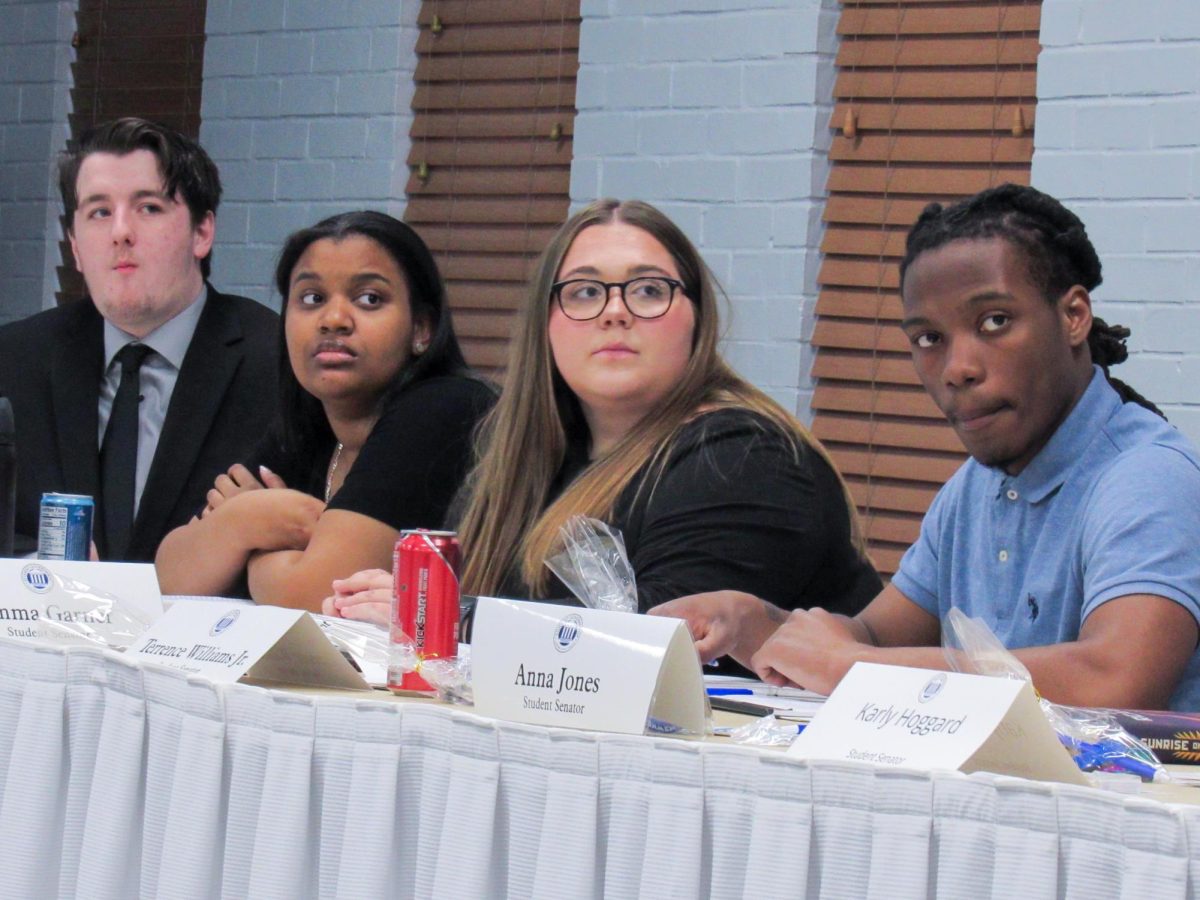
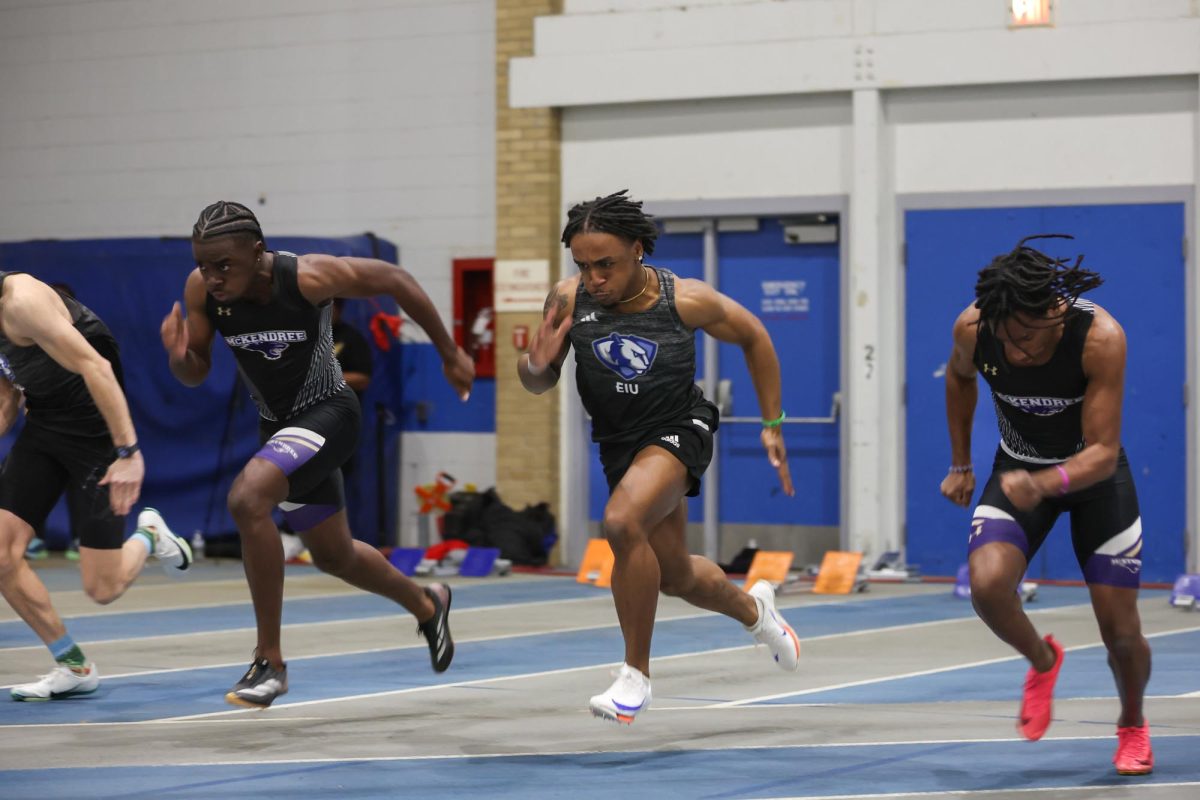




![[Thumbnail Edition] Junior right-handed Pitcher Lukas Touma catches at the game against Bradley University Tuesday](https://www.dailyeasternnews.com/wp-content/uploads/2025/03/MBSN_14_O-e1743293284377-1200x670.jpg)

![[Thumbnail Edition] Eastern Illinois University baseball senior utility player Tyler Castro fields a ground ball during the team's first intrasquad scrimmage of the season on Jan. 31.](https://www.dailyeasternnews.com/wp-content/uploads/2025/03/BB_01_O-e1742874760130-1-e1742907504722-1200x911.jpg)
![[Thumbnail Edition] Senior Foward Macy McGlone, getsw the ball and gets the point during the first half of the game aginst Western Illinois University,, Eastern Illinois University Lost to Western Illinois University Thursday March 6 20205, 78-75 EIU lost making it the end of their season](https://www.dailyeasternnews.com/wp-content/uploads/2025/03/WBB_OVC_03_O-1-e1743361637111-1200x614.jpg)





















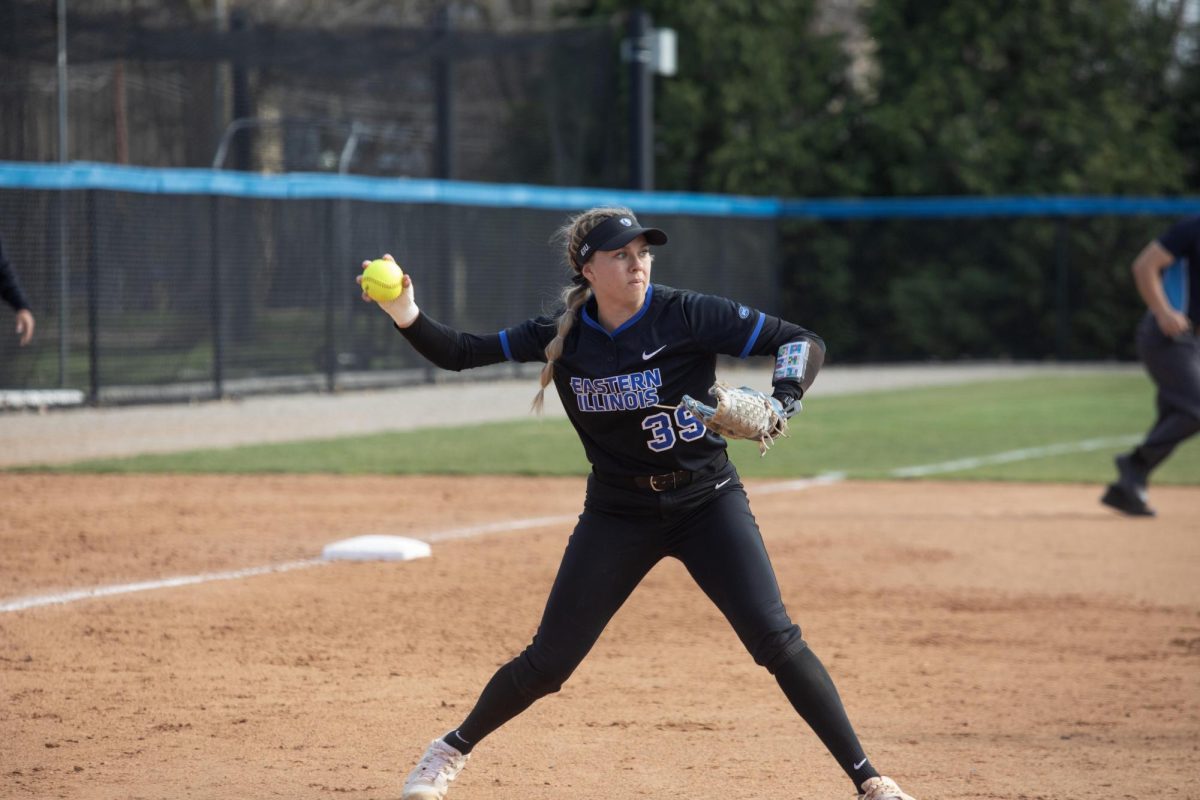
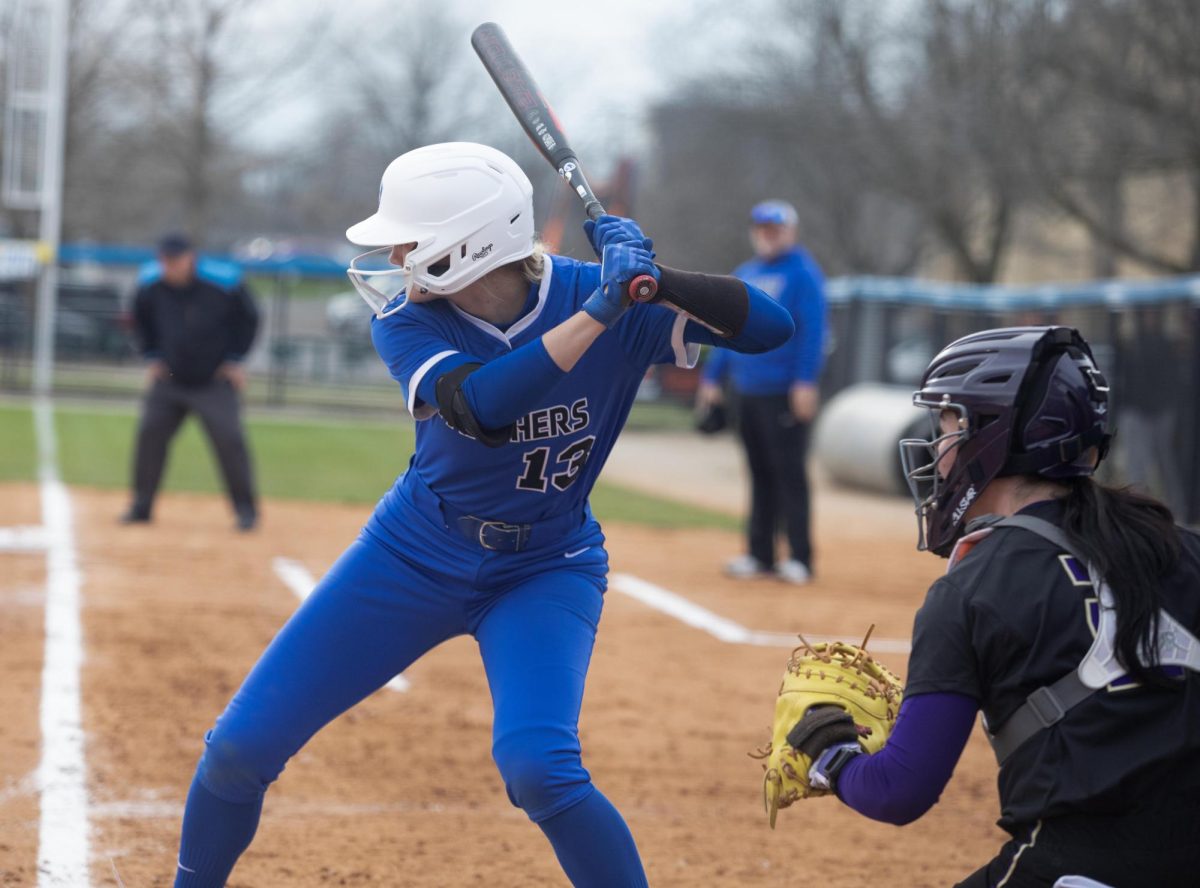














![The Weeklings lead guitarist John Merjave [Left] and guitarist Bob Burger [Right] perform "I Am the Walrus" at The Weeklings Beatles Bash concert in the Dvorak Concert Hall on Saturday.](https://www.dailyeasternnews.com/wp-content/uploads/2025/03/WL_01_O-1200x900.jpg)
![The team listens as its captain Patience Cox [Number 25] lectures to them about what's appropriate to talk about through practice during "The Wolves" on Thursday, March 6, in the Black Box Theatre in the Doudna Fine Arts Center in Charleston, Ill.](https://www.dailyeasternnews.com/wp-content/uploads/2025/03/WolvesPre-12-1200x800.jpg)


















